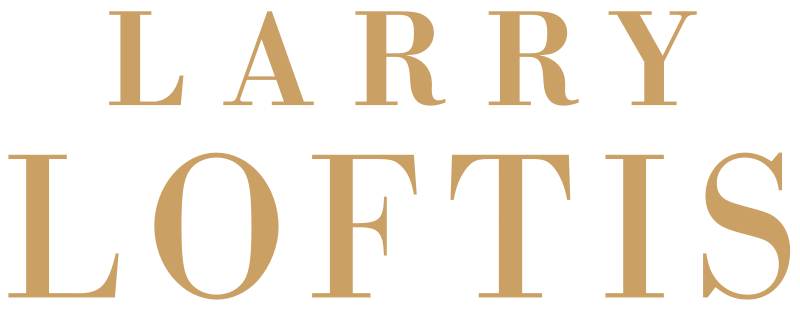Birth of Bond: Where it All Began
On May 20, 1941, Lt. Commander Ian Fleming checked into the swanky Palacio Hotel in Estoril, Portugal's version of the Côte d'Azur. He signed in with his real name—Ian Lancaster Fleming—and listed his occupation as "Government Official." The less than subtle title was somewhat irrelevant as the PVDE—Portugal's secret police, which collected all foreigner hotel registrations—assumed that most men traveling alone were either spies or military officers.
Fleming was on an outbound layover on his trip to Washington with his boss, Director of Naval Intelligence Rear Admiral John Godfrey. British Intelligence believed that the U.S. should have a foreign intelligence agency like their Secret Intelligence Service (MI6), but knew that FBI Director J. Edgar Hoover would strenuously object to relinquishing any part of his intelligence fiefdom. The plan was that Godfrey would lobby FDR to appoint General William "Wild Bill" Donovan to head a new agency for the task. Fleming, meanwhile, would meet with junior associates and help draft a charter for the agency (the Office of Strategic Services, forerunner of the CIA), which he did.
While Fleming was in Washington, MI6 double agent Dusko Popov checked into his usual suite on the third floor of the Palacio. Since Portugal and Spain were neutral, Lisbon and Madrid were the control centers of all World War II espionage. For weeks at a time Popov would meet with his German spymaster, Abwehr Major Ludovico von Karsthoff, to discuss Dusko's reports (which had been crafted by MI5) and receive Ludovico's new instructions, codes, secret ink, and questionnaires.
On his return trip to London later that summer, Ian Fleming decided to spend a few weeks in Estoril—partly to spend time with his friend, British military attaché David Eccles, partly to enjoy gambling at the casino and cocktails at the Palacio. It was at those two places—Casino Estoril and the Palacio Hotel—that the seeds of James Bond would be planted.
Shortly before his death on August 12, 1964, Fleming told a BBC reporter that he had created the Casino Royale story from gambling with several Germans at Casino Estoril on his outbound trip to the U.S. As Fleming biographer John Pearson noted in The Life of Ian Fleming, Ian's explanation was a complete fabrication. What Pearson didn't know in 1966 when the book was released, however, was why Fleming lied, and what really happened; Fleming crafted his alternative story due to Britain's ironclad Official Secrets Act. If Ian—or Dusko Popov—said a word about what actually happened on Fleming's second trip to Estoril, he and Popov would have been charged with violation of the act, fined, and possibly imprisoned.
What really happened? Around August 1 Fleming shadowed Popov from the Palacio to Casino Estoril and watched. Popov—about whom Fleming would have heard from Admiral Godfrey—made an outrageous baccarat bet—with MI6 money—against a wealthy but boorish opponent named Bloch (who had fled the Nazis from Liechtenstein). If the scene sounds familiar, it should; the scenario would be repeated in Casino Royale, Fleming's first novel.
Bloch becomes LeChiffre, Fleming becomes Mathis, and Popov becomes James Bond.
Author Larry Loftis details the entire story in his new book, INTO THE LION'S MOUTH: The True Story of Dusko Popov—World War II Spy, Patriot, and the Real-Life Inspiration for James Bond (Berkley, June 14, 2016).
It should come as no surprise the country which first purchased foreign publication rights—Portugal.



